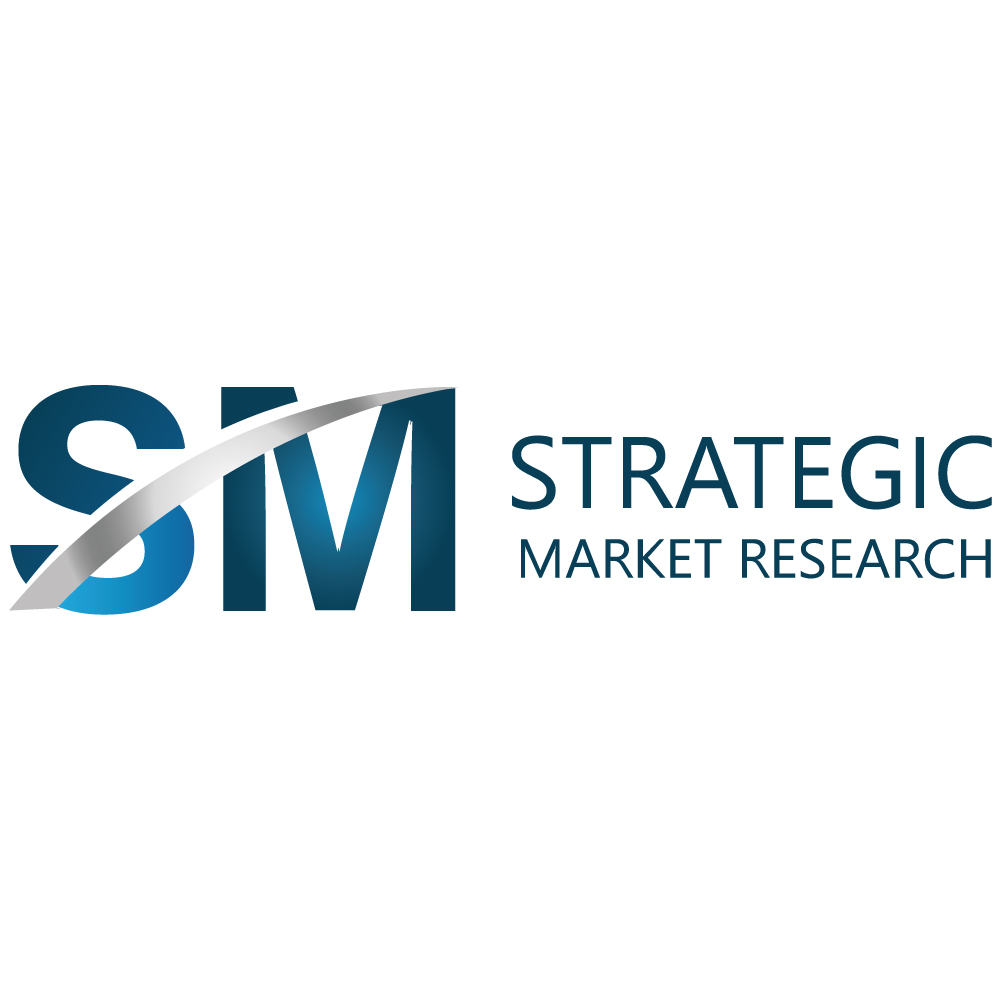The market for congestive heart failure (CHF) therapy devices will grow at a strong CAGR of 8.31%, from a value of $17.53 billion in 2021 to $35.96 billion by 2030.
The amount of people who have heart failure has nearly doubled over the past three decades and about 70 million people will get heart failure worldwide in 2022. When the heart cannot effectively produce sufficient oxygen-rich blood to the other parts of the body, congestive heart failure develops over time and is a persistent (long-term) progressive disorder. The muscle tissue loses its ability to contract over time, or it develops a mechanical flaw that prevents blood flow. Because it can’t keep up with the body’s demands, the heart becomes backed up or congested because more blood is returning to it than it is pumping out. Edema, or the accumulation of blood in the feet, legs, and lungs as a result of the heart’s diminished ability to pump blood, results in fatigue and breathing problems.
MARKET INSIGHTS
DRIVERS
- Lifestyle Modifications: The risk of heart failure is increased by poor diet, inactivity, unhealthy weight gain, increasing smoking, and excessive alcohol consumption.
- Over the past ten years, there has been an increase in worry, tension, anger, and unhappiness among workers globally. Approximately one-third of people globally reported feeling stressed, concerned, or angry, according to the 2019 Gallup Global Emotions Survey.
- Comorbidities – In addition, heart defects, irregular heartbeats, diabetes mellitus, coronary artery disease, sleep apnea, obesity, and kidney problems all contribute to the development of chronic heart failure. These conditions work together to increase the likelihood of developing the condition. Ischemic heart disease accounts for 42.3% of cases of HF with a known aetiology, followed by chronic obstructive pulmonary disease (37.0%).
- Increasingly Elderly Population—as CHF is more prevalent among the elderly, they are the main consumers and buyers of CHF treatment equipment. Data from the World Bank and World Population Forecasts show that by 2050, older people (65 years and older) will make up 16% of the population using CHF treatment devices, up from 9.32% in 2020.
RESTRAINT
- The development of the industry will probably be hampered by strict regulatory regulations, the massive cost of these products, and poor reimbursement practices. The total yearly costs per patient varied from USD868 for South Korea to USD25, 532 for Germany. The projected annual cost of CHF to the world economy is $108 billion, of which $65 billion is ascribed to direct expenses and $43 billion to hidden costs.
OPPORTUNITY
- High Incidence: It is projected that the need for these devices would increase globally because to the rising rate of chronic heart failure, the need for safe and efficient therapy, and the declining willingness to donate organs. Over 6 million adults in the United States and over 23 million people globally suffer from heart failure.
- Supporting government policies and initiatives in developing nations, as well as enhancing the healthcare system to increase public awareness of CVDs, are development drivers for the entire business. Around USD 31 billion in healthcare costs were attributed to heart failure, which is more than 10% of all cardiovascular disease-related healthcare costs in the US (US).
- Technological Developments: To extend patients’ lives, researchers are developing cutting-edge medical equipment for heart failure in light of the recent, remarkable advances in soft robotics and sensor technology.
MARKET SEGMENTATION
BY PRODUCT TYPE
Due to technical advancements, implantable cardiac defibrillators (ICDs) are the most common congestive heart disease treatment devices. As a result, it is anticipated that the ventricular assist device (VADs) market will grow significantly over the course of the forecast period.
BY END-USER
The market share for congestive heart failure products is anticipated to go to the hospitals segment. The increase in public funding for the construction of hospitals around the world is anticipated to fuel market expansion in this sector. Total medical expenses in the US are anticipated to rise from usd31.1 billion (in 2020) to usd53.1 billion. Assuming that present hospitalization practices continue, hospitalization accounts for the majority (80%) of the costs associated with HF.
BY REGION
Due to the high prevalence of cardiovascular illnesses, North America is expected to have the largest marketplace for congestive heart failure products, followed by Europe. According to the American Heart Association’s 2017 Heart Disease and Stroke Statistics, there are already more than 8 million Americans who have been diagnosed with heart failure, and that number is expected to climb by 46% by 2030.
TOP MARKET PLAYERS
• Abiomed
• Medtronic
• Berlin Heart GmbH
• Biotronik SE & Co. KG
• Jarvik Heart
• Boston Scientific Corporation
• LivaNova PLC ReliantHeart
• HeartWare International
• LivaNova PLC
• CVRx
• St. Jude Medical
